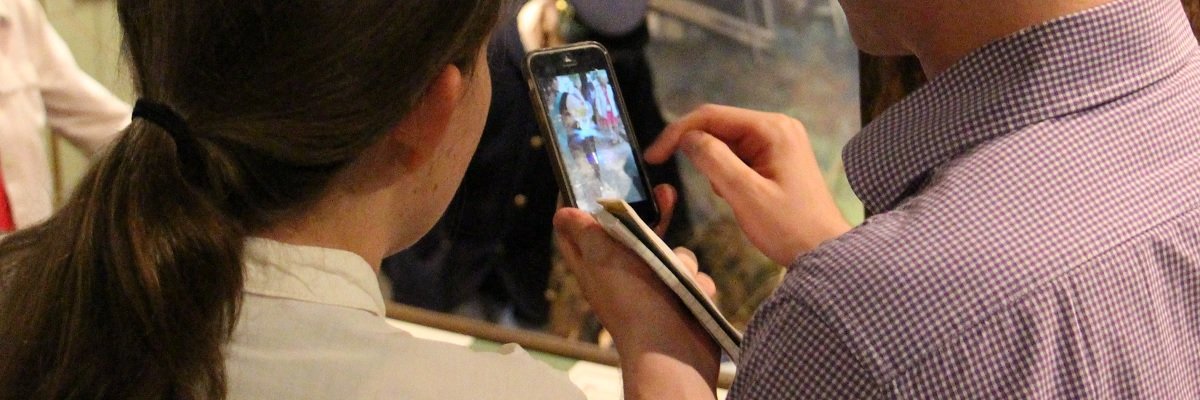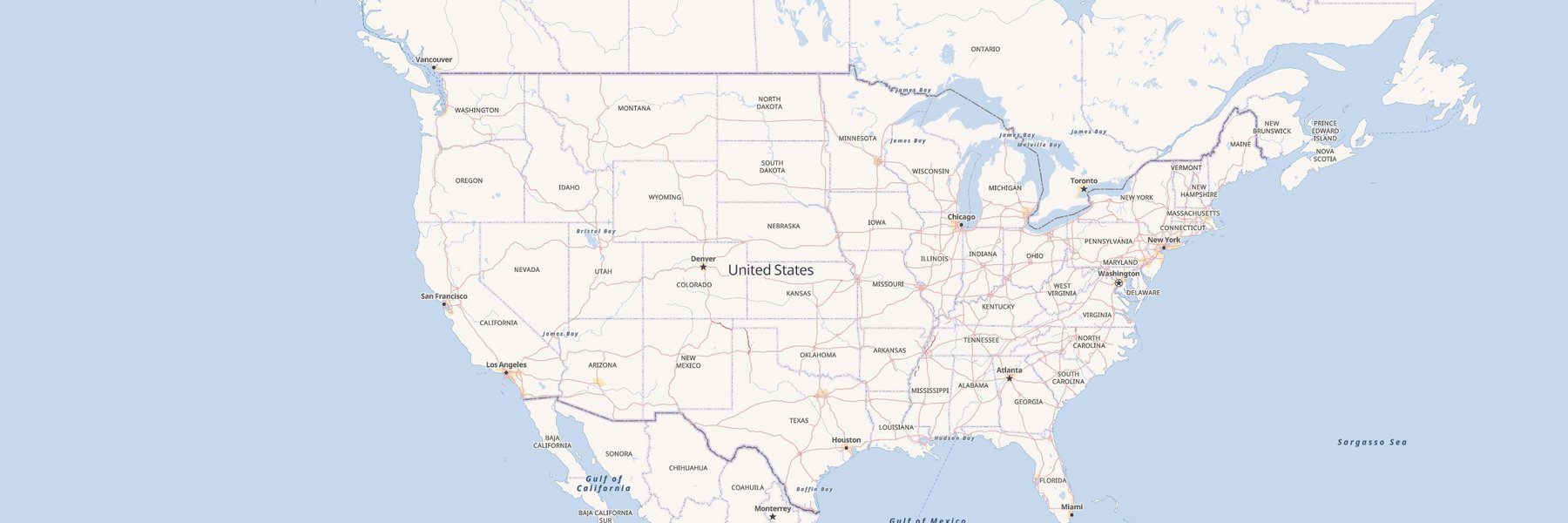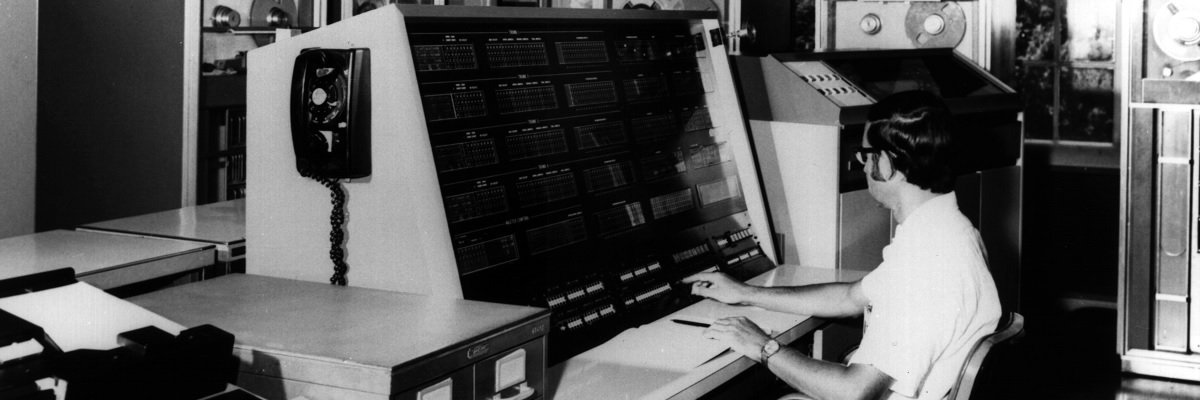My first semester in college, several classes into an application-based freshman seminar, our professor made an admission that would have been impossible only a couple of years before.
During one of our class’s casual conversations, he divulged that as at some point in the decision-making process, as he was trying to curate a curious and genuinely-interested class from the relatively similar crop of applicants, he had visited all of our Facebook profiles.
The news was no real shock. The rest of us quickly offered, either in class or later to each other, that, shortly after receiving the email announcing our acceptance to the class, we each had also quickly searched the names on the list. As I remember, in the style of teenage identity crafting that was fashionable in the early Facebook years, the lot of us had some quote or book or other digital tattoo suggesting subversive interest prominently placed on our profiles. I assume we were relieved that in this case, our innocent online personas had worked to our advantage, but the anecdote remained as a reason to be very careful about how we handled them from then on.
In the last decade, of course, the use of social media has matured and expanded, its role in law enforcement and educational environments has become more obvious, and the consequences of questionable online behavior, even beyond the arm of the law, are now more tangible.

None of this familiarity, however, suggests that the surveillance of social media has somehow become less intrusive or potentially-threatening to individual privacy and constitutional rights. One of the major leaders in police social media surveillance software, Geofeedia, came under a company-crushing amount of scrutiny last fall after the ACLU reported its use in monitoring protestors, but other companies, like Media Sonar, provide similar technology to police departments nationwide.
And on campuses - and particularly where student athletes are concerned - other accepted software is employed to browse and reign in student speech.

As part of a nationwide look at social media surveillance and policies, MuckRock has submitted public records requests to hundreds of police departments across the country. But now we want to take a closer look at the ways that the authorities at your school oversee and regulate their students’ online environs.
Have a school that you’d like us to look into? Submit it via the form below or follow one of our other requests via the request pages found on the map icon.
Image via Wikimedia Commons and licensed under Creative Commons BY 2.0.




